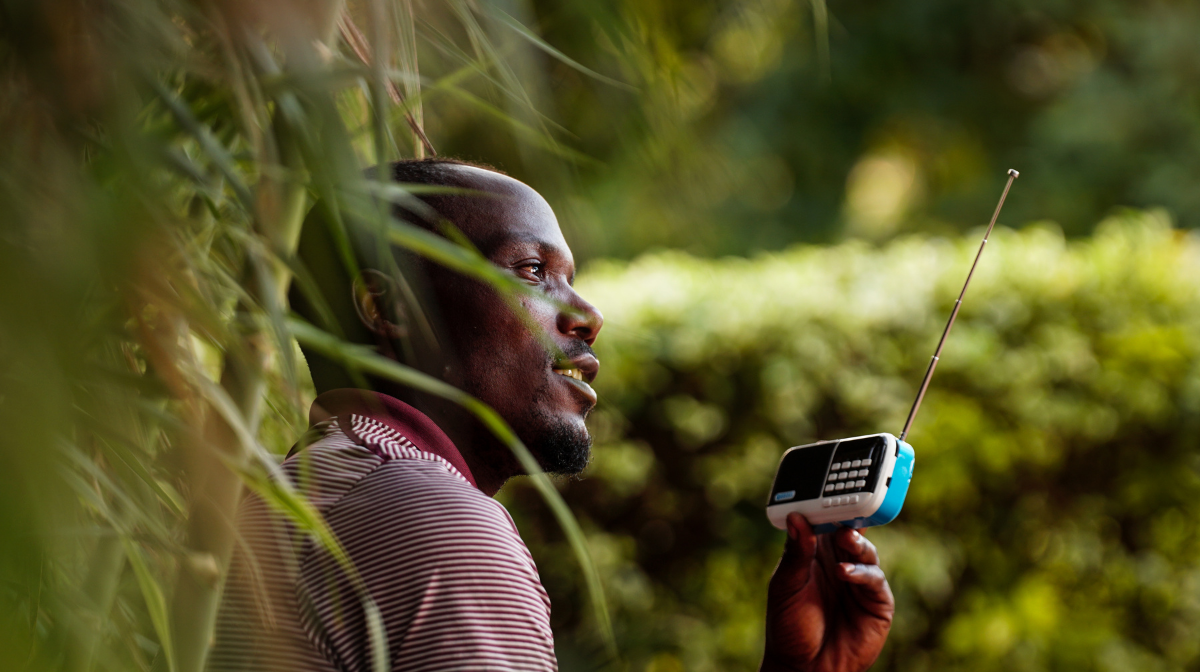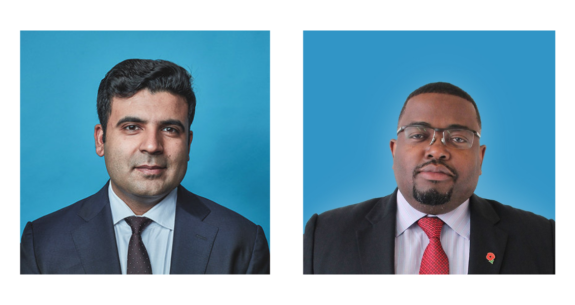London, Friday 12 November 2021 – There is no doubt that breaking down barriers to raising finance will be the single most significant action to support the clean energy transition in Africa.
Despite costs of capital in Africa being prohibitively high, the capital needed to bring about 100% clean energy in Africa is miniscule compared to much of the western world. Yet trust, availability of capital and infrastructure of the capital needed is simply not there globally. There are lots of big words being said about this, but not enough delivery.
Yet is easier and cheaper to transition Africa to clean energy than in parts of the world where fossil fuels are already widespread. It makes logical sense to accelerate the shift to clean energy in Africa first. We all breathe the same air, so to help avert the climate crisis most effectively, we must put Africa higher up the priority list.
Financial injustices
Yet, there are grave injustices standing in the way. Customers and businesses in Africa usually pay exorbitantly high interest rates – often in double digits. The affordability and accessibility challenges people in Africa, in particular SMEs, face when trying to access finance are well-documented. When you compare this to the low levels of interest many people in countries like the UK pay, the imbalance is fundamentally unfair.
This puts an impossible barrier up, holding back the growth of Africa’s thriving SMEs and clean energy market – to the entire planet’s detriment. The whole notion of making finance so unaffordable in Africa is counter-intuitive for achieving the UN Sustainable Development Goals. It doesn’t just negatively impact people in Africa, but the whole world too.
For too long, unfairly negative risk perceptions towards lending in Africa have dominated the narrative in the financial services industry. Paying to service high interest diverts much-needed funds away from investing in vital areas of economies – there is always a knock-on effect.
From our experience, this perceived risk does not marry up with the data and what we’re seeing on-the-ground. Many of our customers have built up digital credit histories for the first time with us and through paying for their solar energy. What’s more, our figures show that over 110,000 people undertook more economic activities from using our energy products, and $30 million in income has been generated as a result of our products. This comes as most companies had previously unjustly excluded these people from participating in the global economy in the first place, through no fault of the customers’ own.
This is further compounded by FX risk. Currency depreciation in some markets in Africa is in itself a major challenge, as well as availability of some currencies. This impacts the appropriate hedging costs needed.
This comes as the structure of financing remains continually unfriendly to infrastructure investment, with most lending terms at a maximum of five years. This doesn’t align with the reality that providing clean, reliable and affordable energy and bringing people out of energy poverty in the long-term is not a short-term fix. The nature of these loans does not bode well for a space that needs innovation and urgency to truly improve lives. Ultimately, short-term lending makes it prohibitively expensive to finance the clean energy transition in Africa.
Re-frame the financing conversation
The cost of capital, FX risk and the typical length of lending being too short remain key barriers preventing the off-grid energy market in Africa from reaching its full potential. And while finance remains prohibitive, the world loses out as a result. Entire populations are being held back from sustainable development while the climate crisis continues at an alarming trajectory.
We need to re-frame this conversation. The donor community and taxpayer money from Development Finance Institutions (DFIs) in the developed world can help improve the financing conditions. We need to go above guarantees and instead focus on reducing the cost of capital, ensuring greater availability of cheaper capital at lower interest rates, and manage FX risk. This will truly accelerate the energy transition in Africa.
And if the African consumer becomes richer, then huge segments of this market can be untapped. This will provide hundreds of millions of new potential consumers to enter the global economy. A thriving economy in Africa, with quality green jobs fit for the future and a more equitable distribution of wealth benefits the whole globe.
The global investment community must now wake up and firmly recognise the importance of these breakthrough developments happening in Africa – and take action to reduce the costs of funding to accelerate these benefits for the planet once and for all.
We need a different flavour of capital than what we have right now if want to speed up the clean energy transition in Africa.
***
Part 3 of a new blog series for COP26 by Mansoor Hamayun, CEO and Co-Founder of Bboxx. Read part 1 here and part 2 here.


